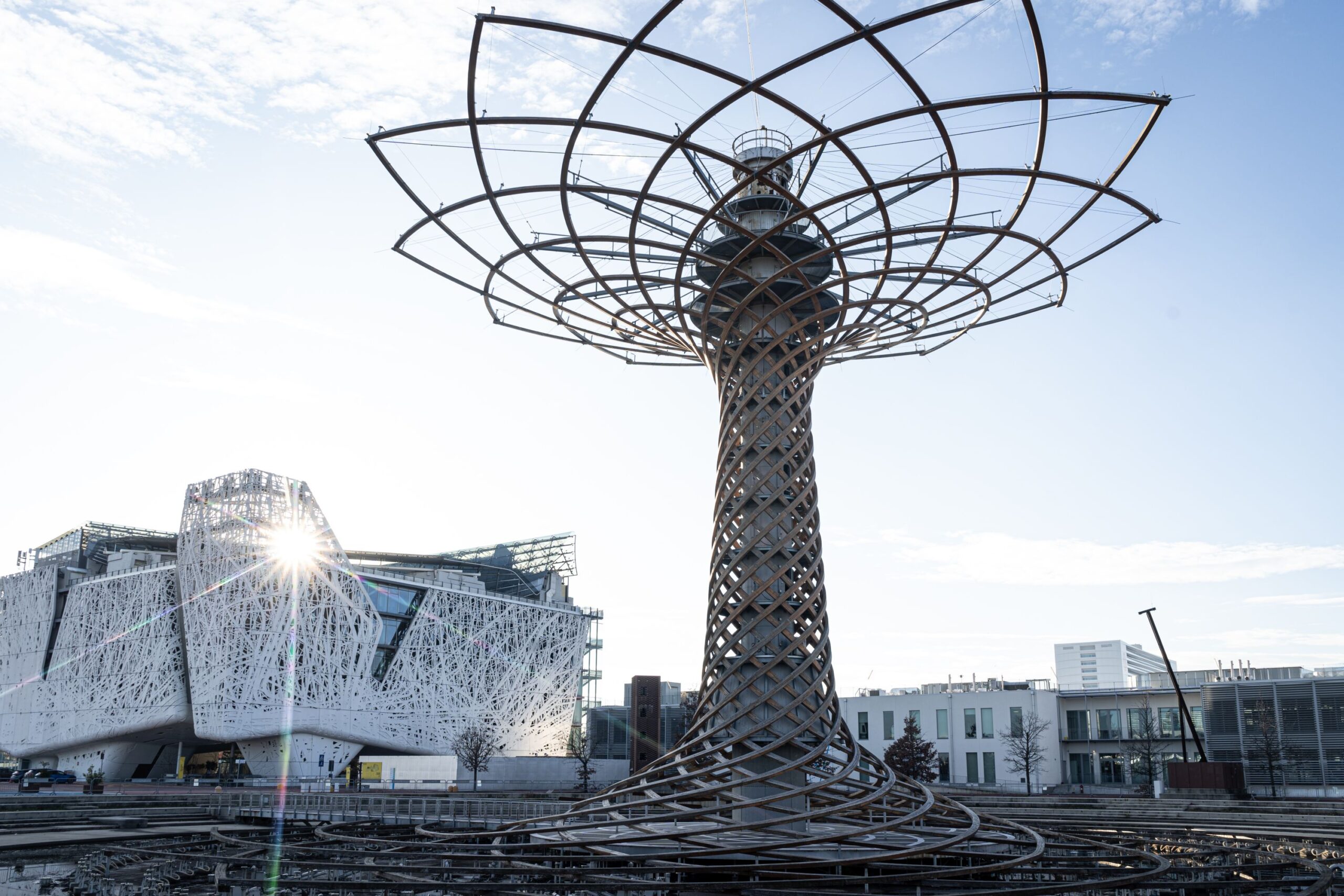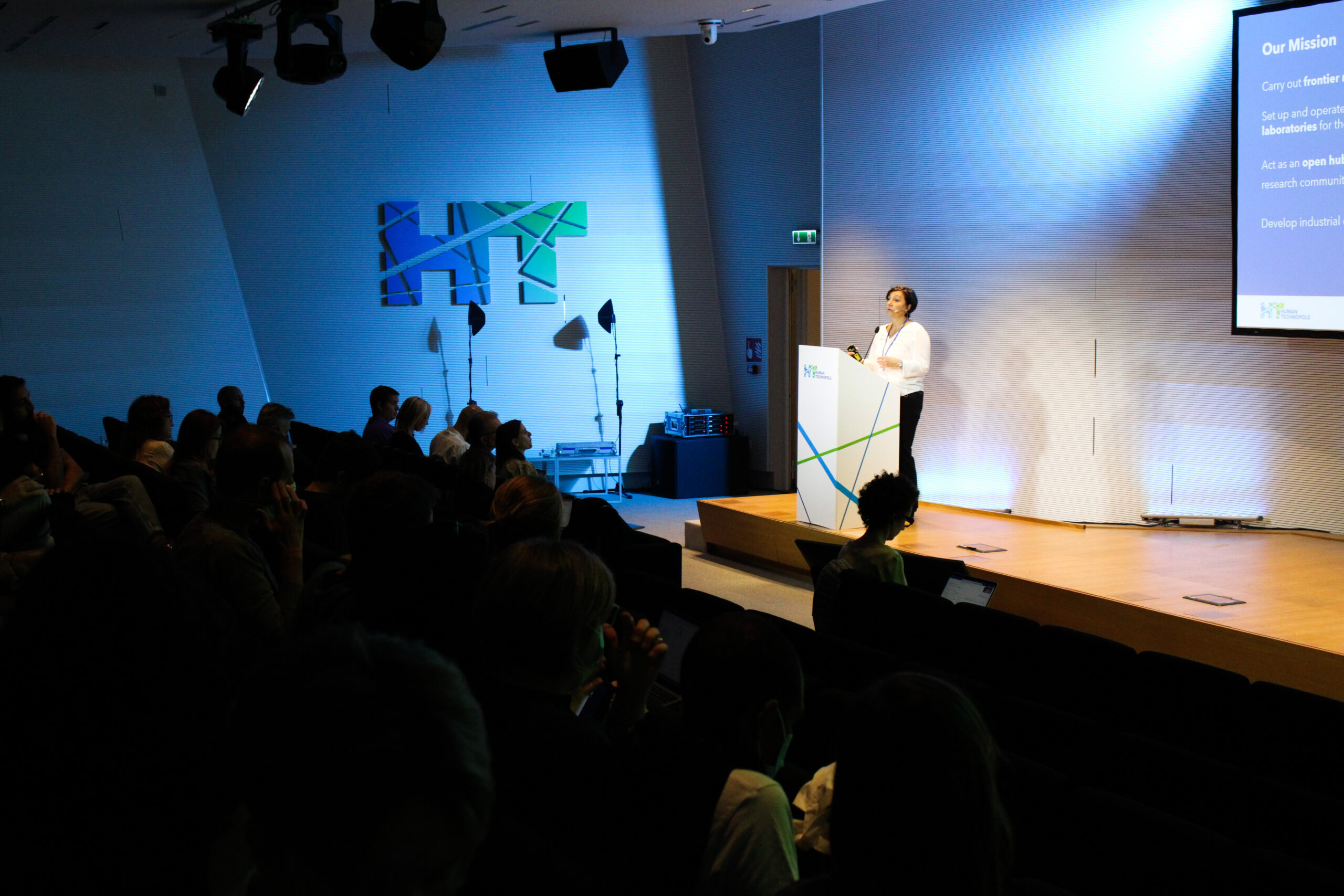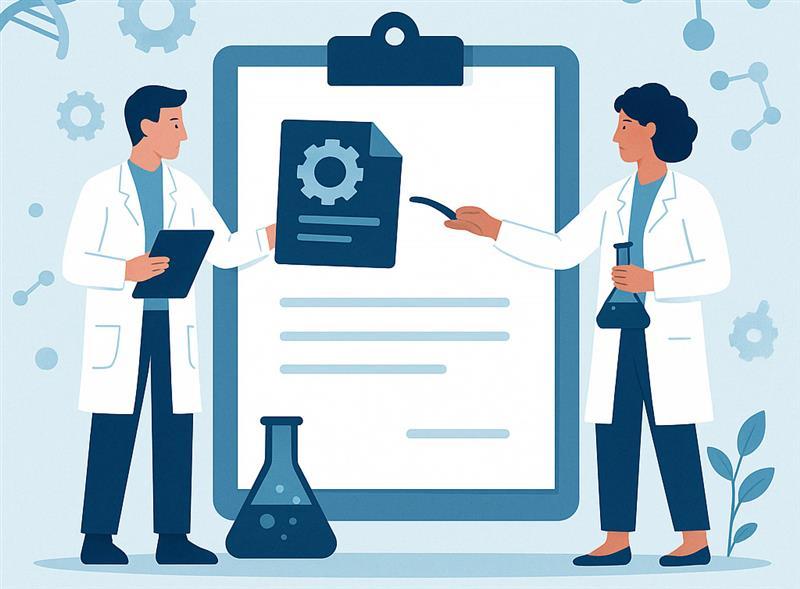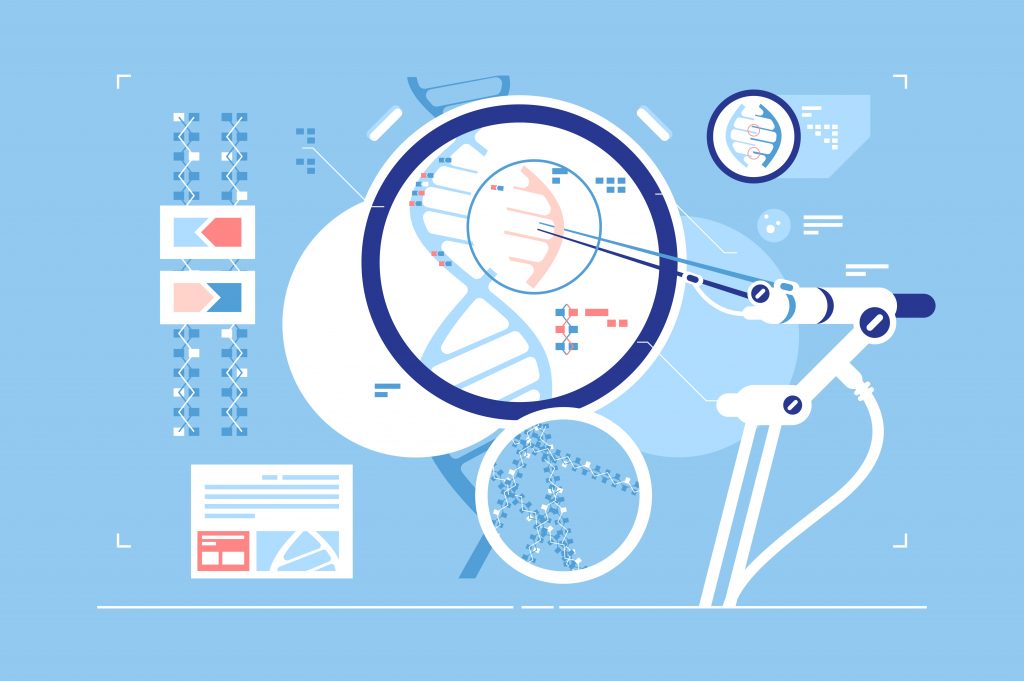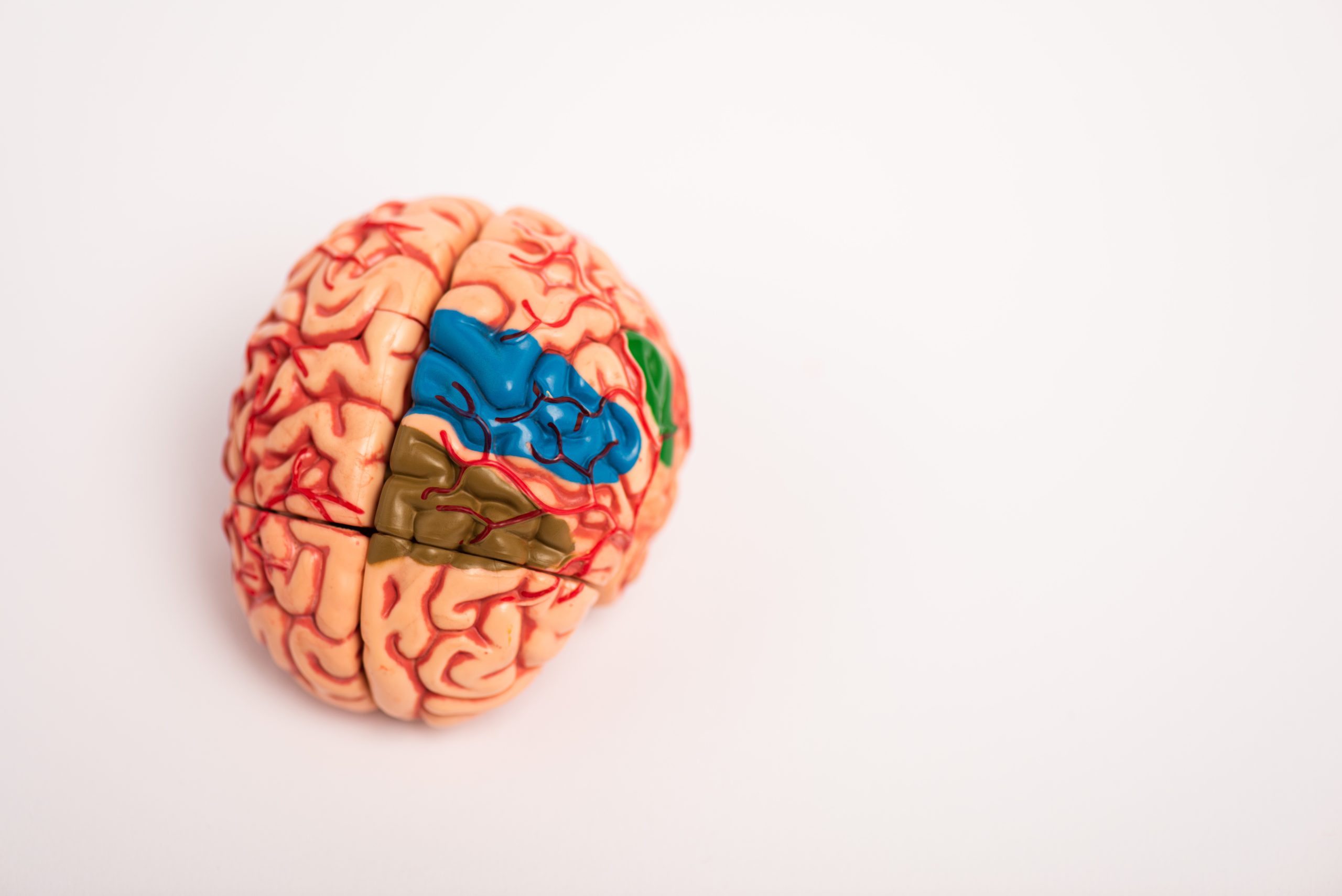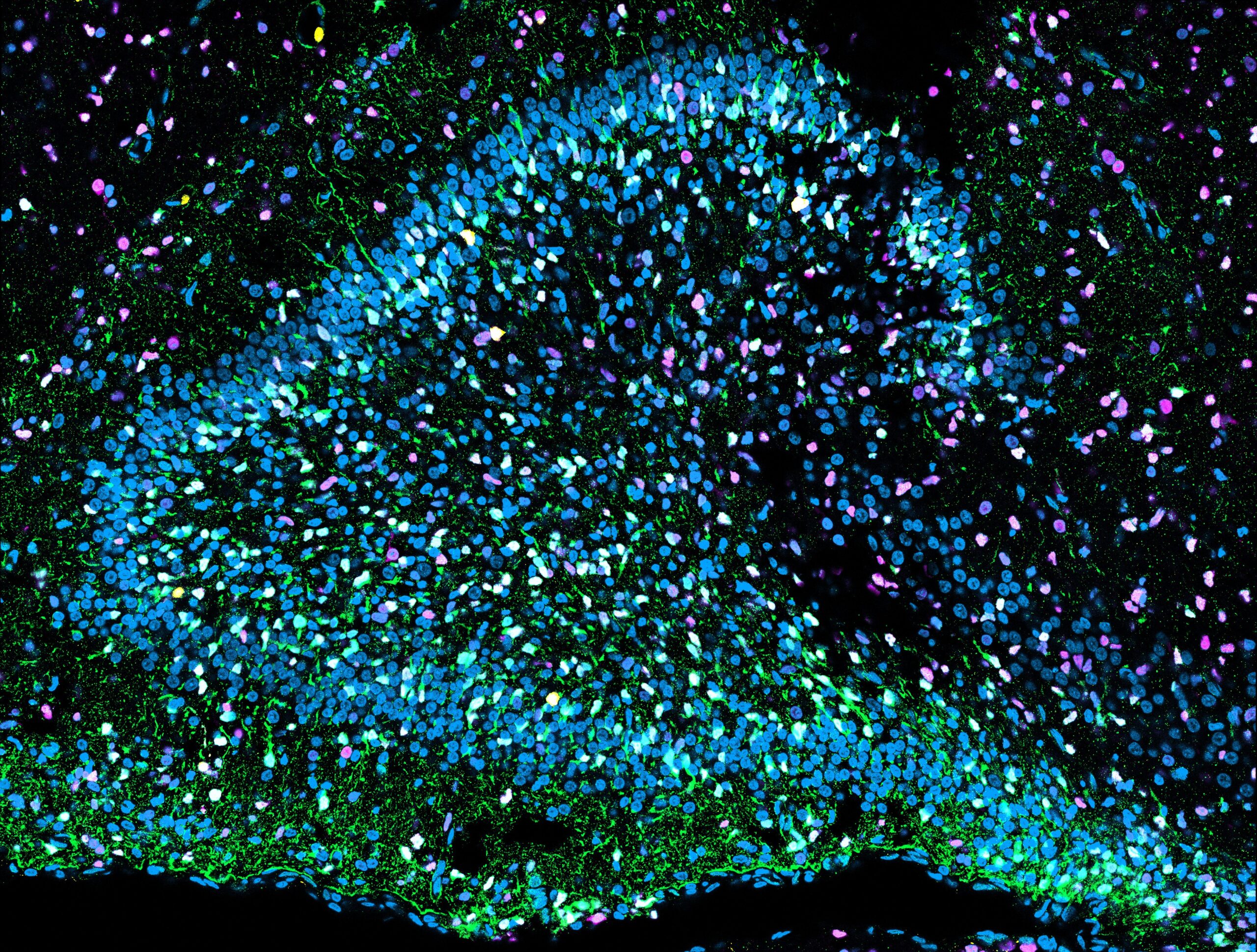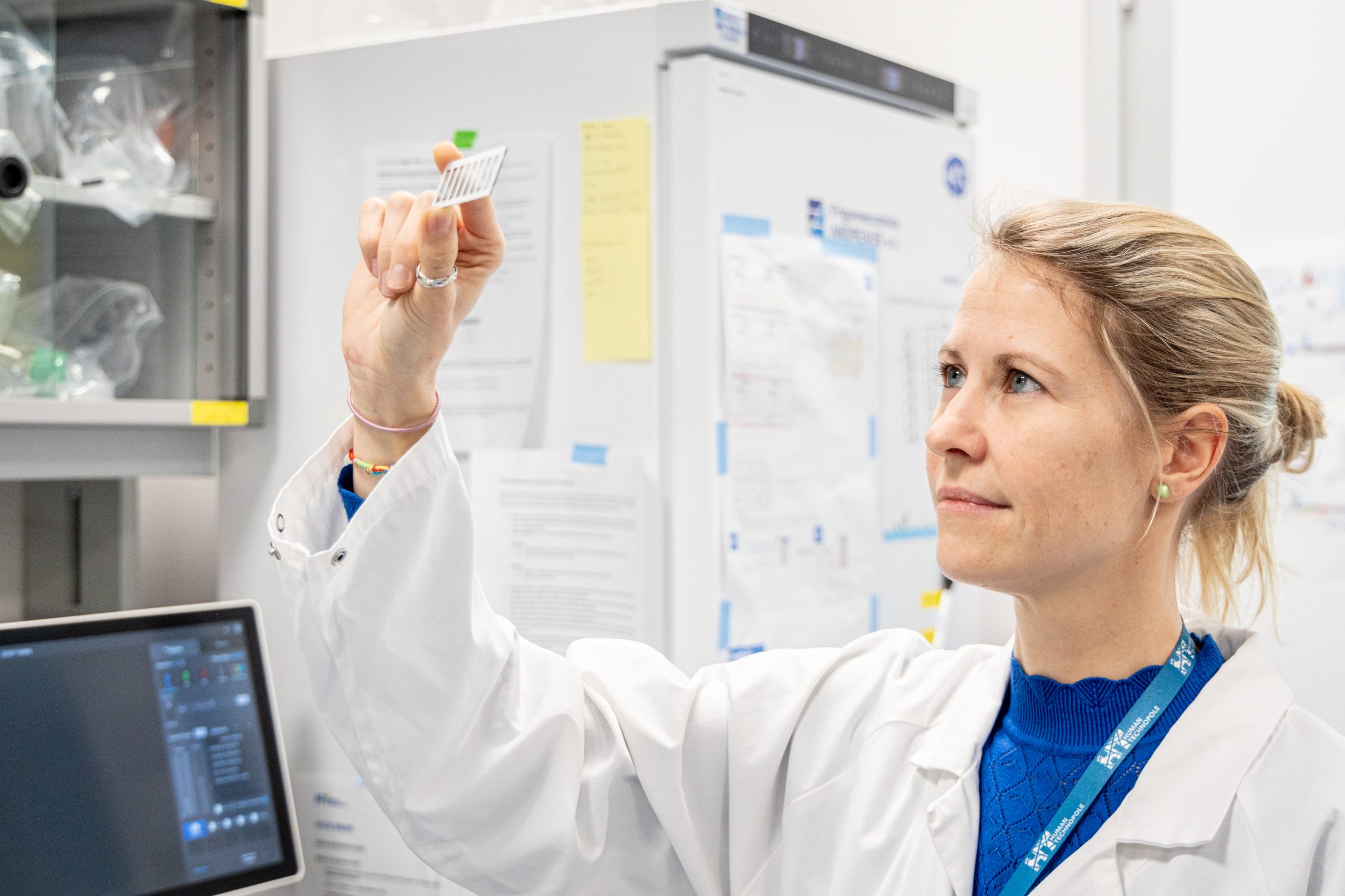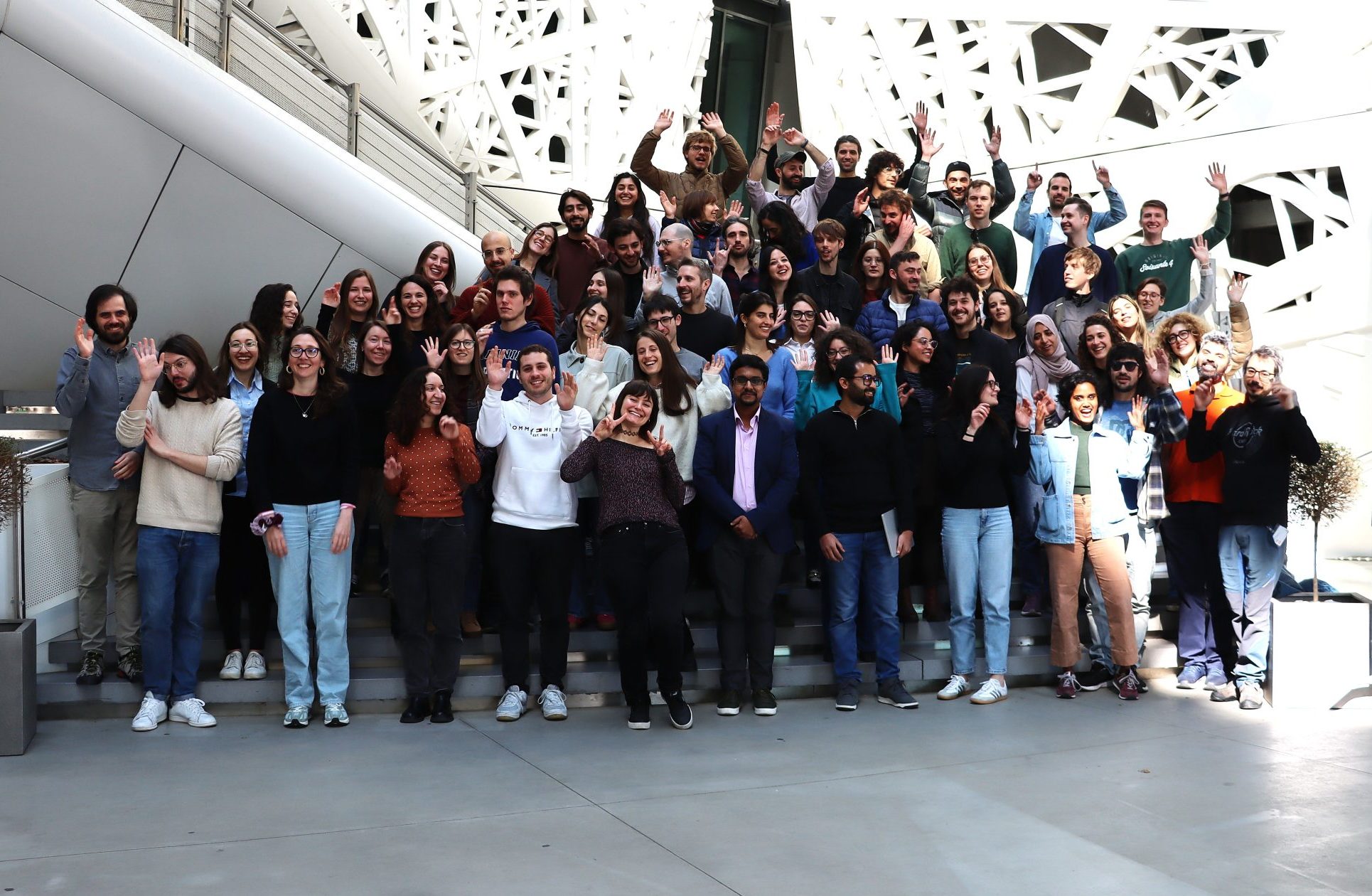Highlights
-

How the human genome condenses during cell division
As a result of an international collaboration, Human Technopole researchers identify M18BP1 as an activator of condensin II through a phosphorylation-regulated competition with MCPH1. This previously unknown mechanism fills a significant gap in our understanding of cell division and suggests avenues for exploring how its misregulation contributes to human disease. The results of the research are published in Molecular Cell.
-

Ageing and Chronic Diseases: Europe Rewards Human Technopole’s Research
The ERC has awarded HT a €2.5 million grant for a study investigating how lifestyle, biology and environmental exposures weaken the immune system over the course of life and increase vulnerability to disease in old age. This new knowledge will help develop models to predict long-term disease risk.
-
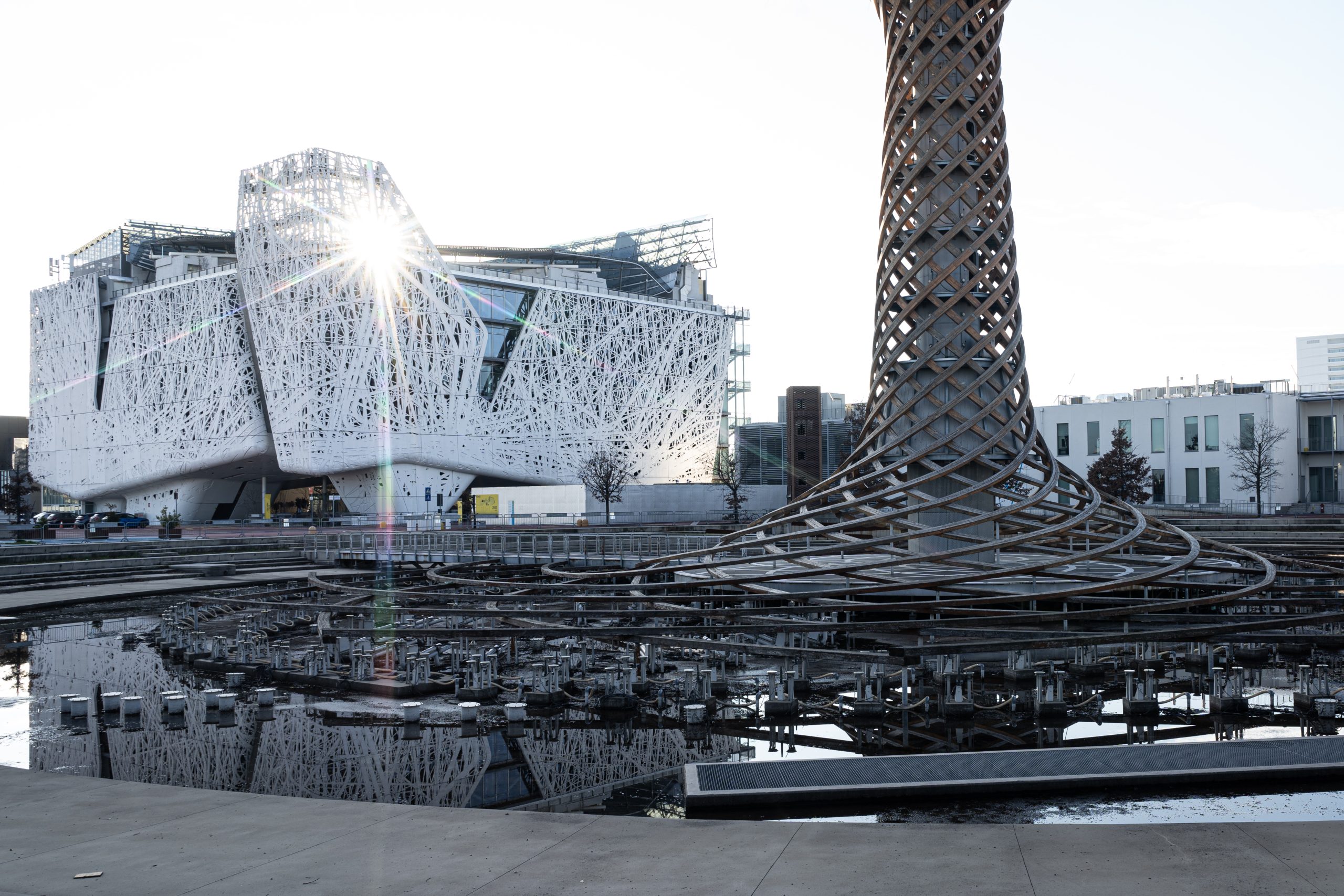
HT National Facilities: One Year On, New Call Open
On 10 June, Human Technopole marks the one-year anniversary of the official opening of its National Facilities, a key milestone in our mission to support excellence in life sciences across Italy. Celebrating this important date, we are pleased to announce that the new Call for Access to the National Facilities is now open. Researchers can submit their proposals until 30 September 2025.
-
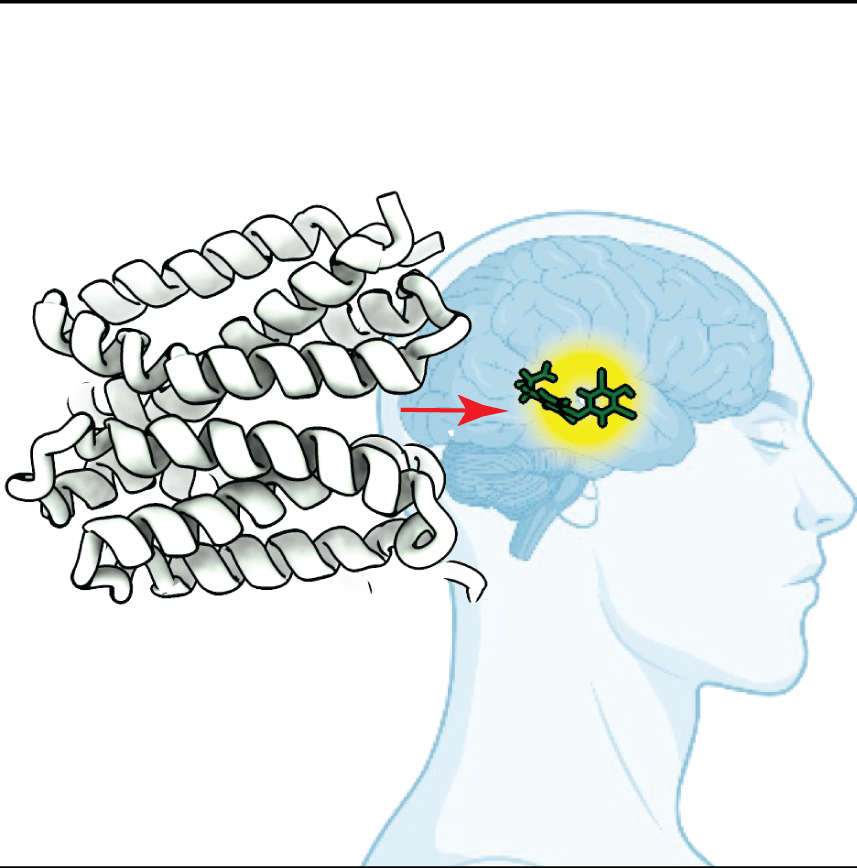
How thyroid hormones are transported into target cells
An international collaboration between Human Technopole and Erasmus Medical Centre researchers sheds light on the molecular mechanisms underlying the transport of thyroid hormones in human cells by monocarboxylate transporters (MCTs). The results of the research are published in Nature Communications.
-
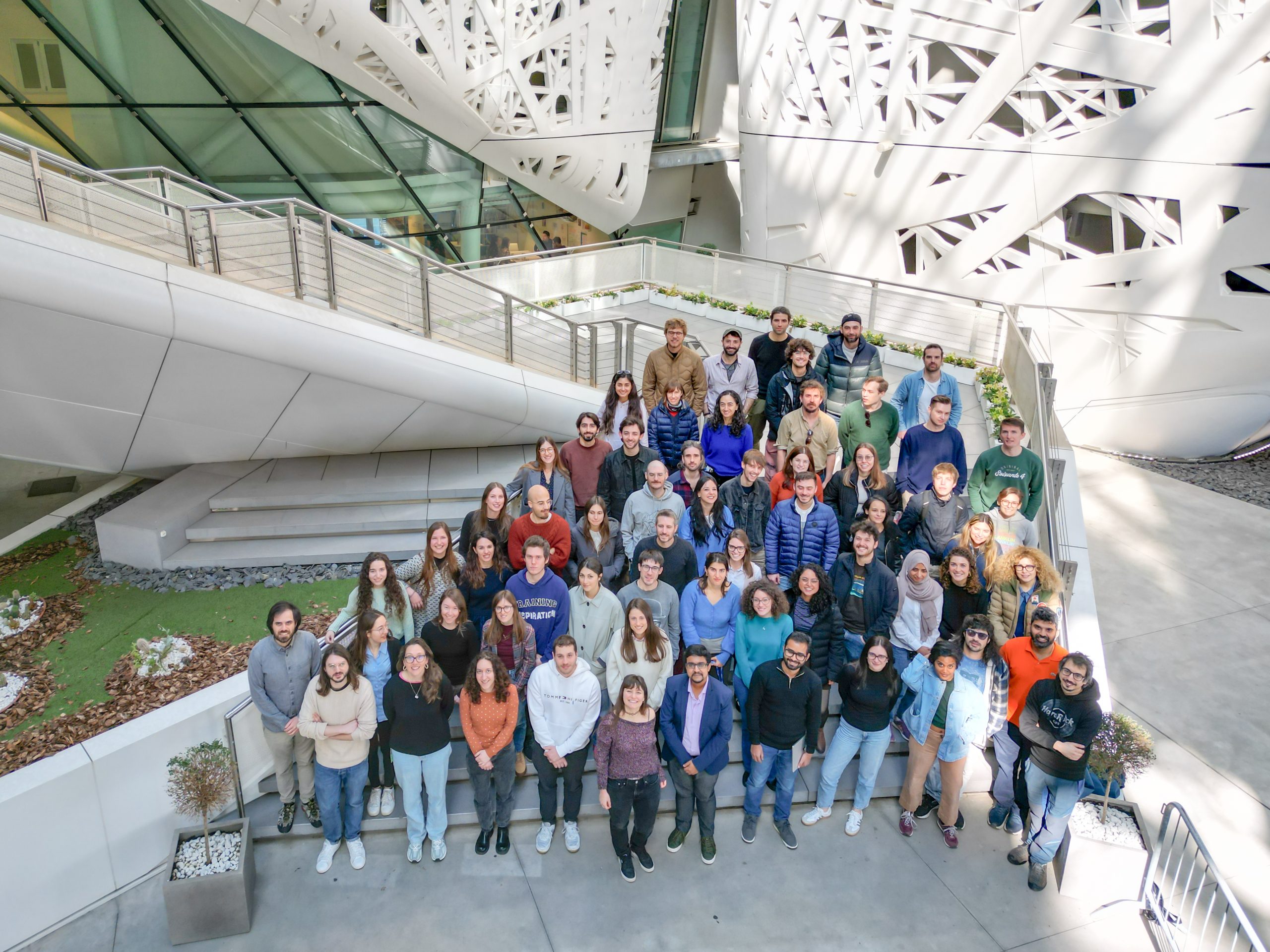
HT PhD Student & Postdoc Symposium 2025: “Research in Motion”
After the success of its inaugural edition, which gathered over 100 participants, the HT PhD Student & Postdoc Symposium returns for its second year on 30 September 2025. Join us in supporting the future of life sciences. Every contribution can make a difference!
-
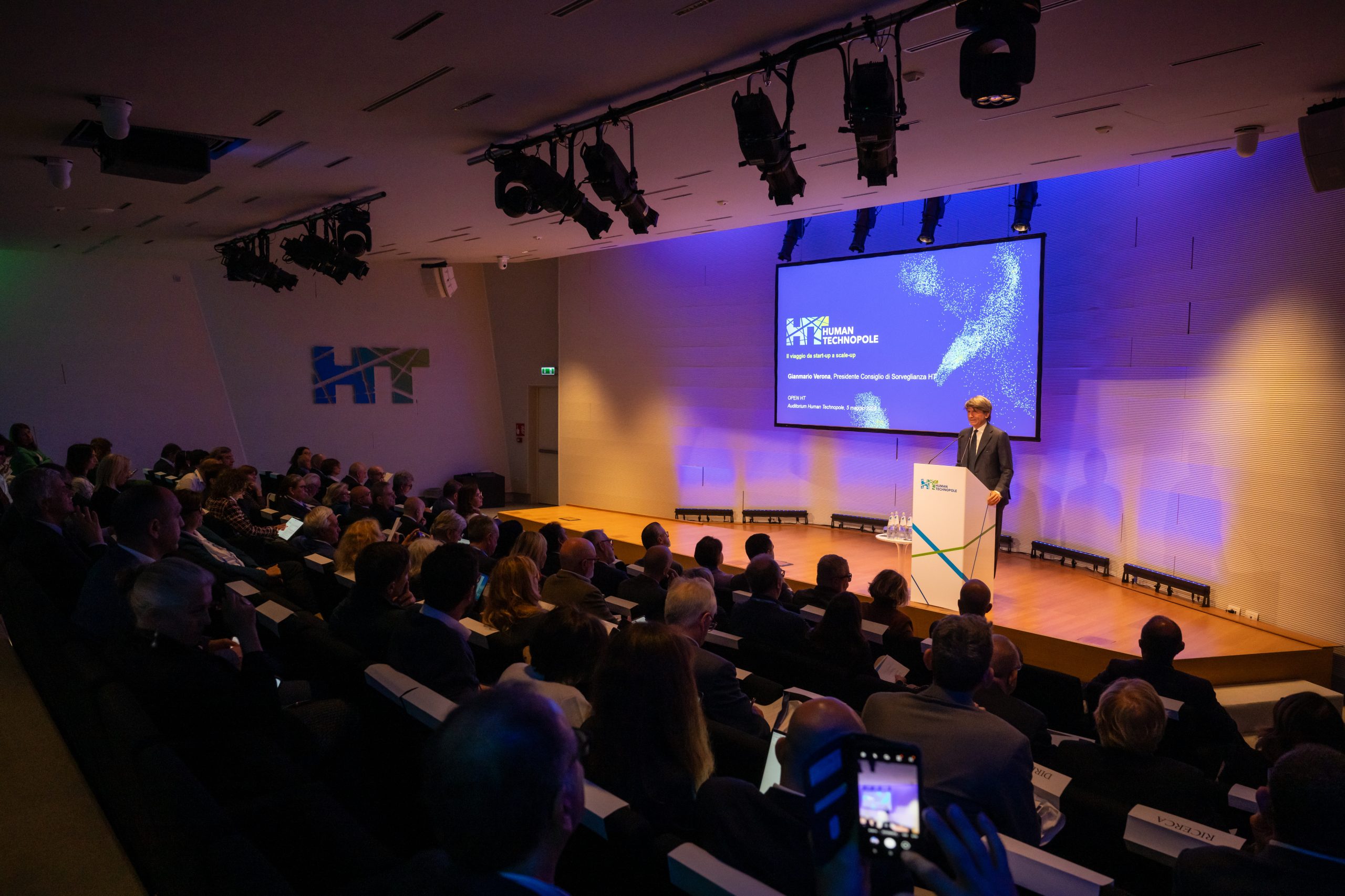
Cancer, insomnia, ancient DNA: over 100 projects from Italian scientists at HT
Human Technopole has presented 102 research projects that were the first to benefit from the cutting-edge equipment of the National Facilities — the advanced technologies that the Institute makes available to external researchers from across Italy. The majority of studies focus on cancer and neurodegenerative diseases, accounting for 50% of the selected projects. The announcement was made this morning in Milan during “Open HT – The Open Day on Life Sciences”, an event designed to showcase Human Technopole’s achievements and outline future goals.
Research at HT
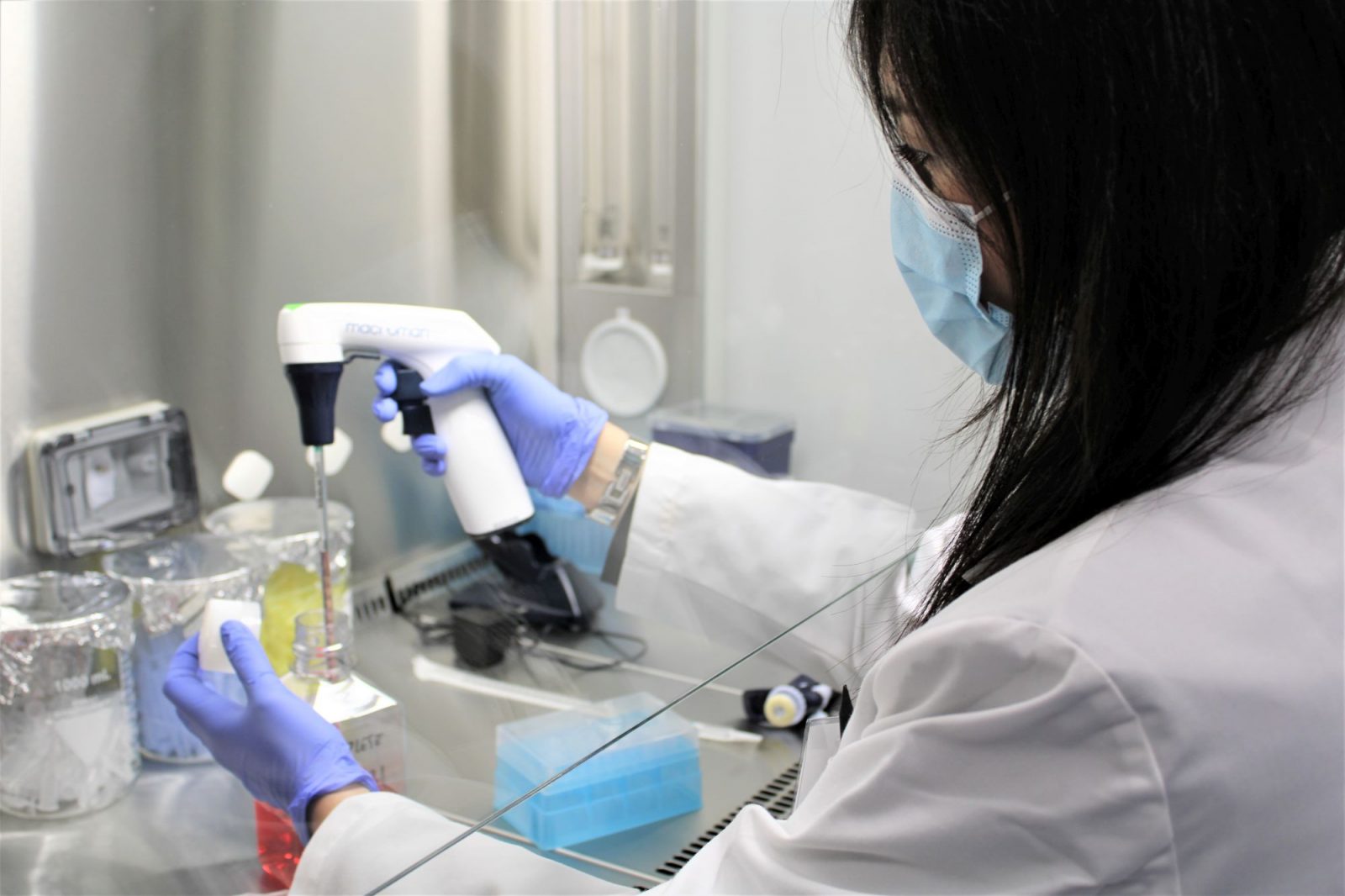
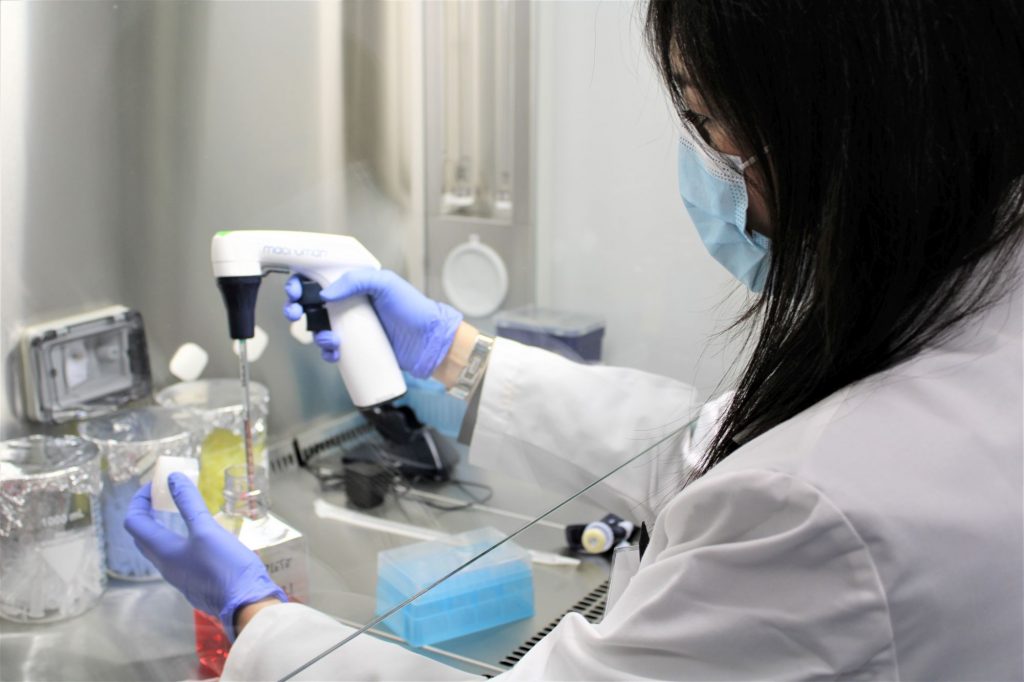
Improving human life and technology by investing in human health and prevention research is the ultimate goal of Human Technopole. We need to prevent and cure diseases to allow people of all ages to not only live longer, but also live better.
To accomplish its mission, HT’s research strives to unravel fundamental mechanisms relevant to human physiology and disease using a multi-scale systems biology approach, based on a combination of experimental research and theory, coupled with computational biology and Artificial Intelligence.
Shared Research Infrastructure
To fulfil the needs of the Italian life science research community, HT infrastructure includes 5 National Facilities, serving as technological hubs and incubators for developing and disseminating new tools and methodologies and for carrying out top-level research.
Courses and Conferences
Work with us
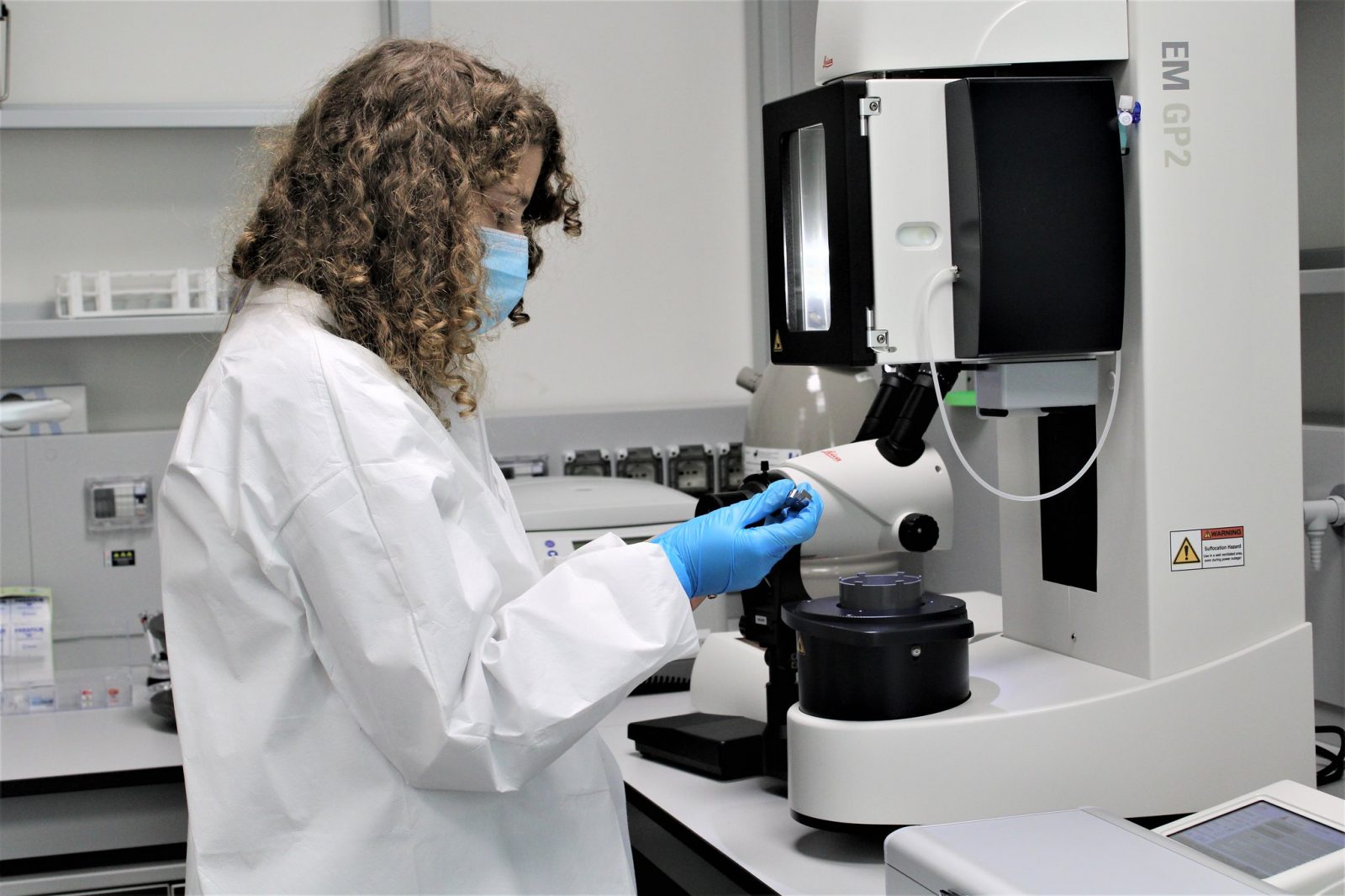
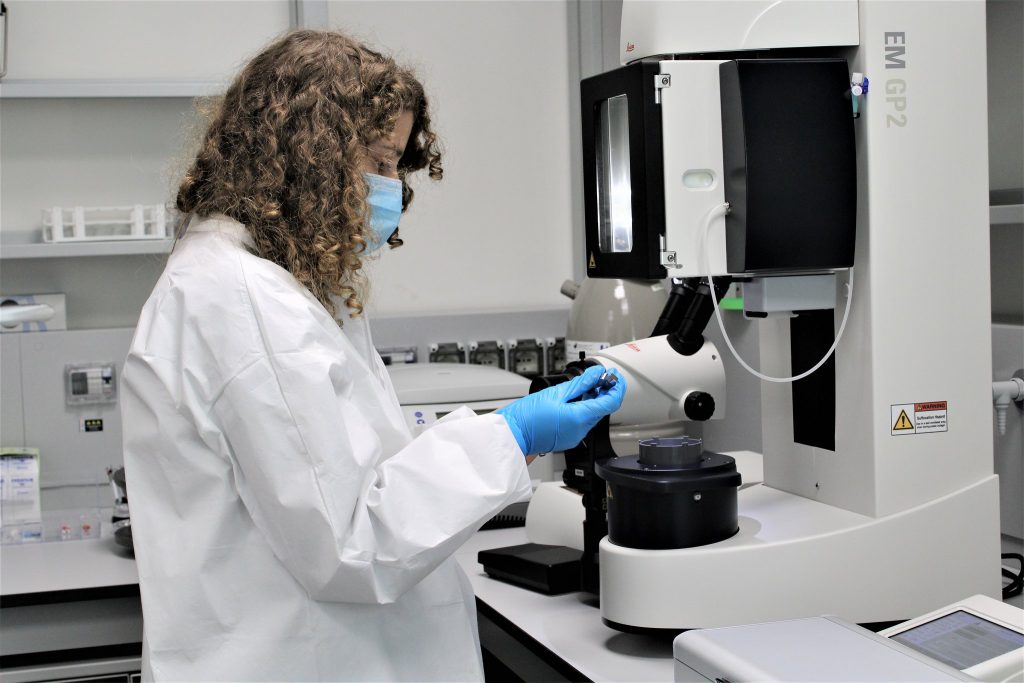
We offer the opportunity to be part of a new, dynamic research institute promoting a highly collaborative and international working environment.
We aim to attract the best resources in each field with a selection based on merit and transparency as we believe that highly diverse teams produce the best and most innovative results.
If you are a passionate person who likes to seize great challenges, consider applying for one of our scientific or administrative vacancies.
